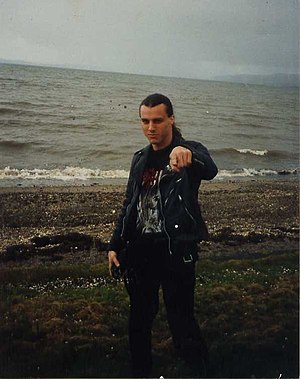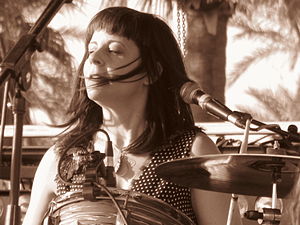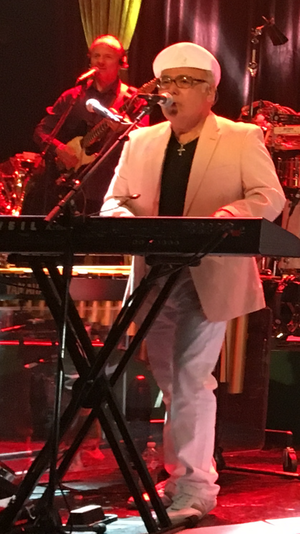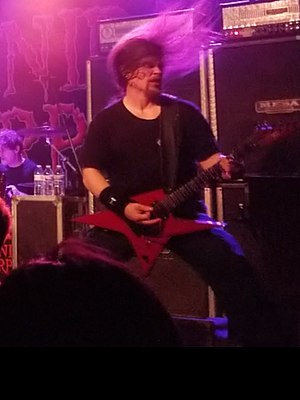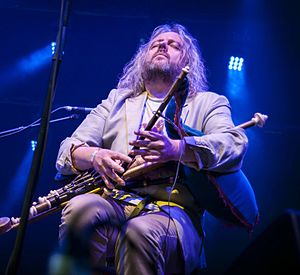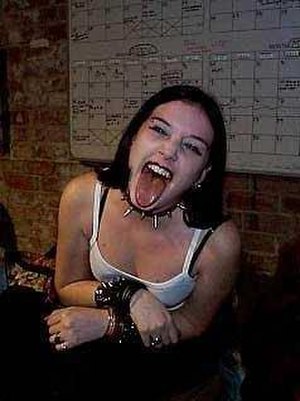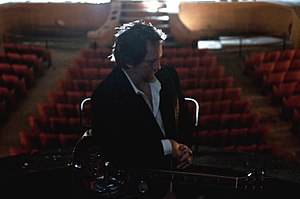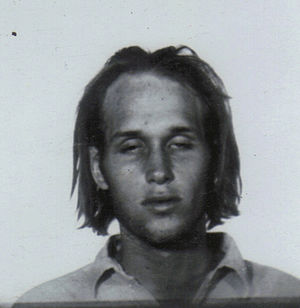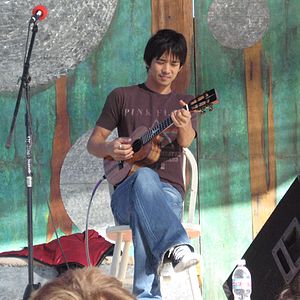In a 1999 interview, Schuldiner spoke about why he didn't sing on the Control Denied album The Fragile Art of Existence "...these vocals are all I ever wanted to do in Death but couldn't. I've had this dream of recording like that for years, and it seems like a dream come true. Tim Aymar is an amazing singer and this is the main difference. I think people will be surprised at the violence and strength of the album. Many people are expecting something like Iron Maiden, but, despite being one of my favorite bands, I didn't want to make an Iron Maiden-like album. I wanted to make an unpredictable album, just like I did in Death, I guess. I don't like to make predictable albums."


